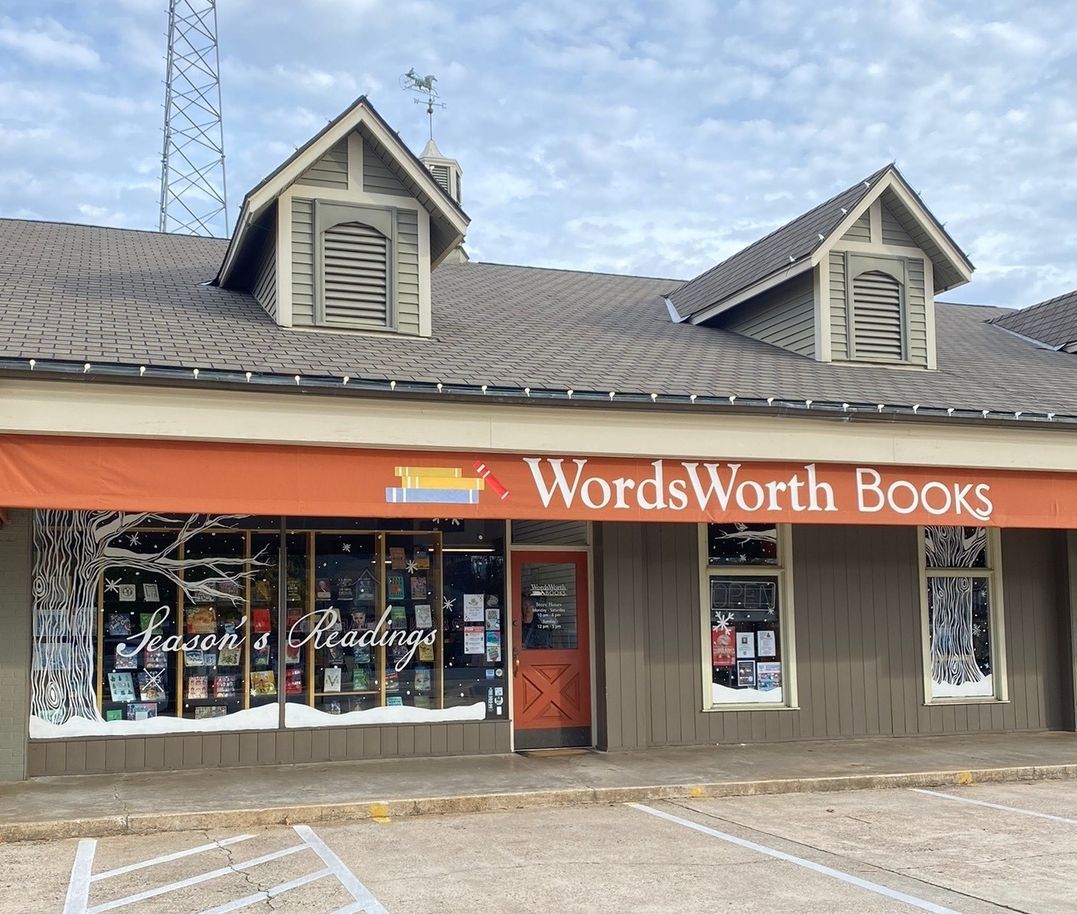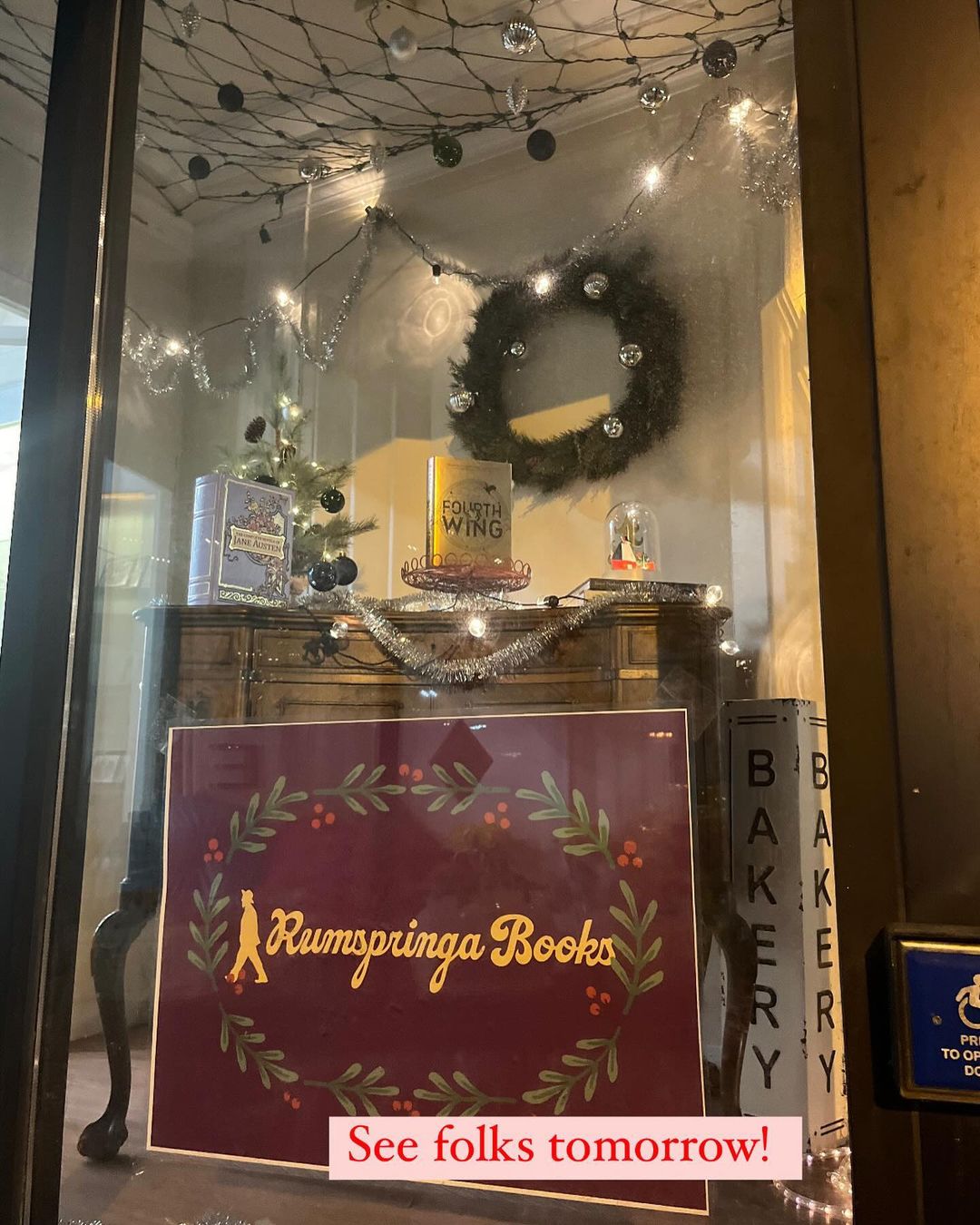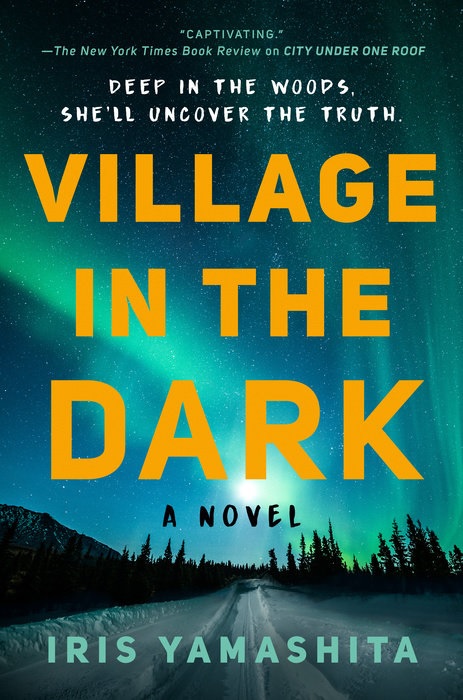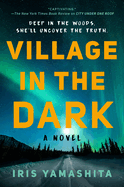Case Study: One Bookstore's Experience Combating Censorship
 Earlier this year, WordsWorth Books in Little Rock, Ark., was one of 17 plaintiffs who filed suit against the state of Arkansas over Arkansas Act 372, a new censorship law designed to limit minors' access to "obscene" material. The store's experience offers some lessons and guidance about what can happen--or not happen--in such circumstances.
Earlier this year, WordsWorth Books in Little Rock, Ark., was one of 17 plaintiffs who filed suit against the state of Arkansas over Arkansas Act 372, a new censorship law designed to limit minors' access to "obscene" material. The store's experience offers some lessons and guidance about what can happen--or not happen--in such circumstances.
Along with WordsWorth, the group of plaintiffs included the American Booksellers Association, the American Library Association, the Association of American Publishers, fellow Arkansas indie Pearl's Books, and others. The law, which was passed in March, was supposed to go into effect on August 1. In July, a federal judge issued a preliminary injunction against parts of the law, and the appeals process is ongoing.
When WordsWorth's primary owner, Kandi West, decided to join the lawsuit, she had been in the position for only a few months, having bought the 30-year-old bookstore in January. West and her two co-owners had not done anything like it before and did not know what to expect, though they knew the decision carried risks, including potential financial ramifications, protests, and harassment. Instead, what the store received was a remarkable, and reassuring, outpouring of support, from both local customers and readers around the country.
 |
|
| Kandi West | |
"From our local customers, we had people call, e-mail, and come to the store," recalled West. Community members stopped in just to say "hey, I'm going to support you," and there have been "lots of thank yous."
A surprising number of people also called or e-mailed to ask if they could contribute to the store's legal costs or donate to a fundraiser. But, West explained, the bookstore's legal representation was pro bono. Without that, joining the suit would have been impossible, and during the process West learned that there were a lot of attorneys out there willing to take similar cases.
"That's a key thing," West reiterated. "There are people who will represent you."
Also hugely important was the support the store received from the ABA with regard to things like media training. The ABA provided West with talking points and FAQs, and if she felt unsure how to respond to any media inquiries, she could send questions to the ABA first. Those efforts "really helped us feel comfortable being able to do this." (The Southern Independent Booksellers Alliance has also been supportive, and sponsored a virtual seminar last month on book banning that featured West, other booksellers, and PEN America officials.)
West and her co-owners figured that if the store received any pushback, it would most likely come in the form of online trolls. As such, they monitored the store's Instagram and Facebook accounts more carefully and, while the owners' names remained on press releases and other official communications, they stripped the store's online presence of any picture or mention of individual staff members to keep them from being targeted.
Staff members also had no obligation to talk about the lawsuit or answer any questions, and West made sure they knew they could simply hand someone her card if the issue ever came up. Ultimately, she said, "our staff was pretty comfortable with what we're doing."
Due to a local and active Moms for Liberty group, West and her team could not ignore the possibility of having protestors. So far, though, nothing of that nature has happened, and West noted that they have yet to hear anyone "say a negative word about [the lawsuit]" in the store. In fact, the only negative feedback the store has received is a single letter that was a bit "spooky" due to its content and timing but didn't specifically mention the lawsuit or even banned books.
Long before joining the lawsuit, West reflected, WordsWorth has had many banned and challenged books on its shelves, but they were never there simply because they were challenged. "They're just good books," she said. "We're just selling good books that represent all different people." --Alex Mutter






SHELFAWARENESS.0213.S4.DIFFICULTTOPICSWEBINAR.gif)






 Barnes & Noble recently opened a new bookstore in the Dalewood II shopping center at 381 North Central Ave, Hartsdale, N.Y. The location features B&N's latest bookstore design.
Barnes & Noble recently opened a new bookstore in the Dalewood II shopping center at 381 North Central Ave, Hartsdale, N.Y. The location features B&N's latest bookstore design. SHELFAWARENESS.0213.T3.DIFFICULTTOPICSWEBINAR.gif)

 The 40th edition of the
The 40th edition of the 
 "
"
 Screenwriter and author Iris Yamashita (City Under One Roof) presents the second installment in a series featuring Detective Cara Kennedy. Village in the Dark is an alternately moody and wacky mystery set in Anchorage and rural Alaska.
Screenwriter and author Iris Yamashita (City Under One Roof) presents the second installment in a series featuring Detective Cara Kennedy. Village in the Dark is an alternately moody and wacky mystery set in Anchorage and rural Alaska.